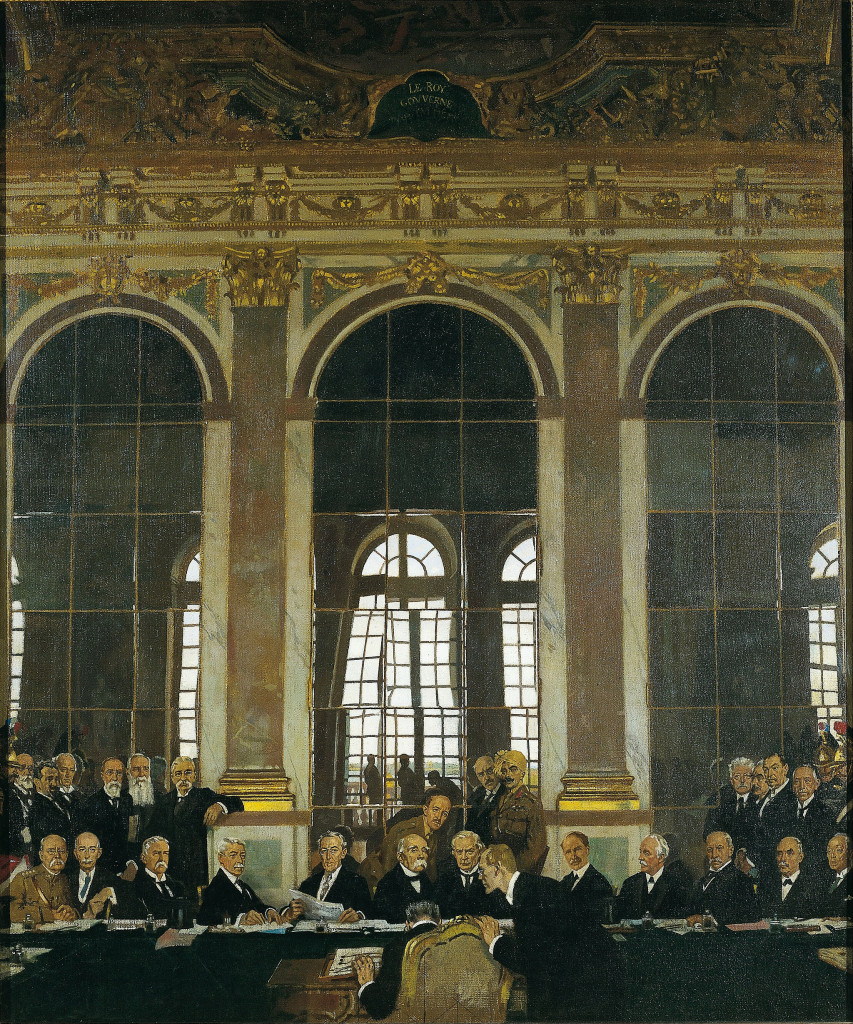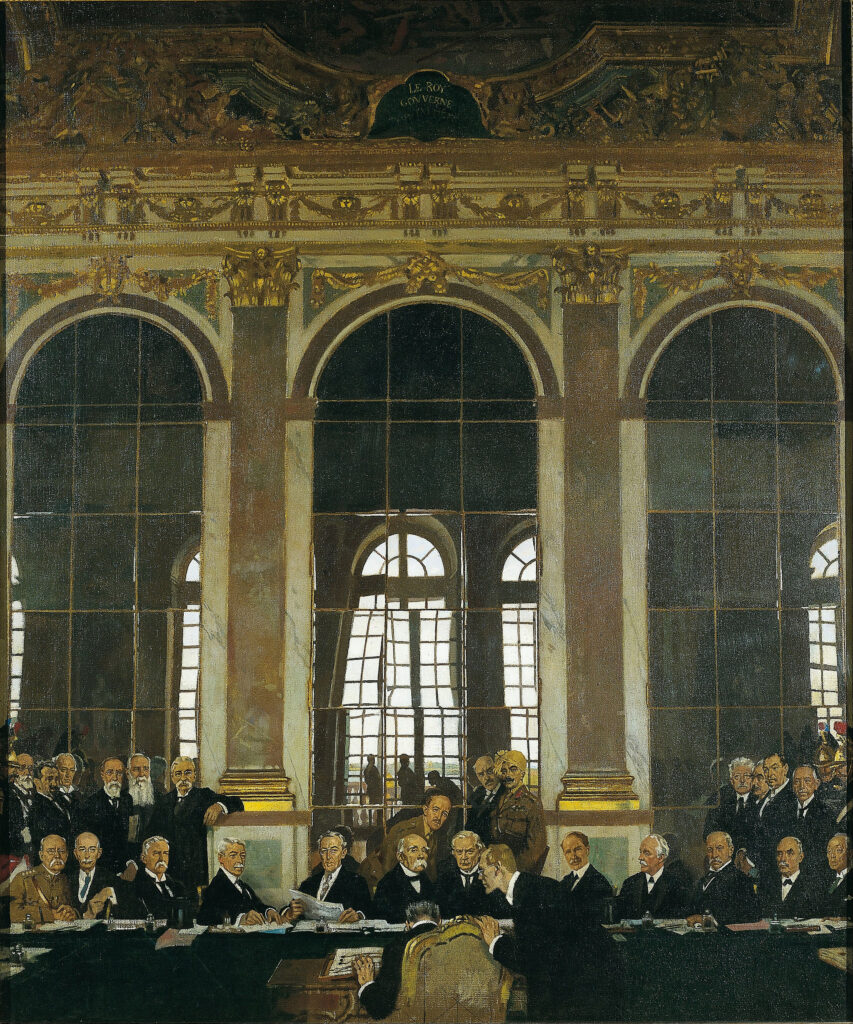
There are always those Realists who, vigorously pursuing the intricacies of power politics, laugh down the very notion that international law holds any bearing over the foreign policies of states. The world, they assert, is inherently anarchic and international law tends to be a tool of subversion by dominant powers in those few cases when it has been effective. They point to the dramatic spectacles of the Versailles Treaty, and more laughably the Kellogg-Briand Pact, and note the increased occurrence of interstate wars in the 1990s when the international system was supposed to be at its height. At the moment many of them are busy writing editorials condemning the international-law-upholding rationale of a possible U.S. intervention in Syria.
While it is probably prudent statecraft to stare unblinkingly into the cold realities of the world, these Realists nonetheless are unfortunate in that they possess an unrealistic understanding of how international law works and functions. In fact, it has been around in varying forms since Thucydides, and disputes about it have usually taken up the majority of the resources of every country’s diplomatic services. Just as war and the balance of power are not final ends or goals in and of themselves, international law is more an aspect of the international system than its solution. Critically, it is nonetheless very real and those who disregard international law do a great disservice to themselves and their countries.
Like domestic law, international law is most effective in those affairs in which it is not noticed. The multinational leagues banning war are merely the sensationalist tips of the iceberg. An imperceptible web of treaties, norms, and gentleman’s agreements forms the bulk of international law, and the historical record seems to show that more often than not, states have followed it when it serves their interests.
It rarely comes to mind that immigration policies and trade arrangements between countries, while perhaps unduly influenced by disparities in power, are nonetheless conducted rather civilly. Exchange rates, tariff policy, immigration quotas and limits, border security, regulation of exports, and other similar affairs must be hashed out in agreements and molded to fit the realities of each bilateral relationship. In our modern world, many states must have diplomatic establishments able to regulate these low-level policies and many more with almost two hundred other countries around the world. And it is rare to see a newspaper flash reporting “Singapore and Liechtenstein embroiled in bitter tariff dispute!” though such conflagrations undoubtedly occur, largely unbeknownst to the global public. It is true that states seem to let self-interest guide their conduct in these matters, especially given the immense domestic significance of foreign trade and immigration policies. But states wage these battles in fields of gavels and not of swords.
At a more systemic level, it must be noted that the existence of an international system, however anarchic, implies some advanced degree of international law. The celebrated Westphalian way of doing things enshrines sovereignty as prime, and is, in its essence, a method by which states can conduct their disputes without annihilating each other- a system of international law. It has developed standards by which foreign policy ought to be conducted, and while the “sausage making” is occasionally messy it is not nearly as messy as historical forays have been. The civilizations of the Middle East, East Asia, Central Asia, the Americas, and the Indian Subcontinent each appear to have developed their own international systems and methods of international law –before the Modern era – to regulate the relationships between their polities. I contend that the same qualities of these civilizations dramatically aided in the setting of norms and following of customs which led to relative stability. Nowhere is there less international law, and more chaos and destruction, than in the relationships between nations of widely separate civilizations. Where was international law in the Spanish and American conquests of the New World,? When a primitive people and their industrial conquerors face off, the Thucydidean dictum is validated, and the strong take what they can, while the weak accept what they must.
In sum, international law does not seem to stand on its own, but rather become imposed by cultural similarity and the eternal reality of the balance of power. As such, it is an organic phenomenon endemic to international politics and therefore must be included in any realistic analysis of why states do what they do. If we were entirely inclined to destroy each other at every given opportunity, we would have done so by now, and no laws could govern us. But international law, however mild, has affected us and guided the hands of our policy. Realists forget this fact at their own peril.







